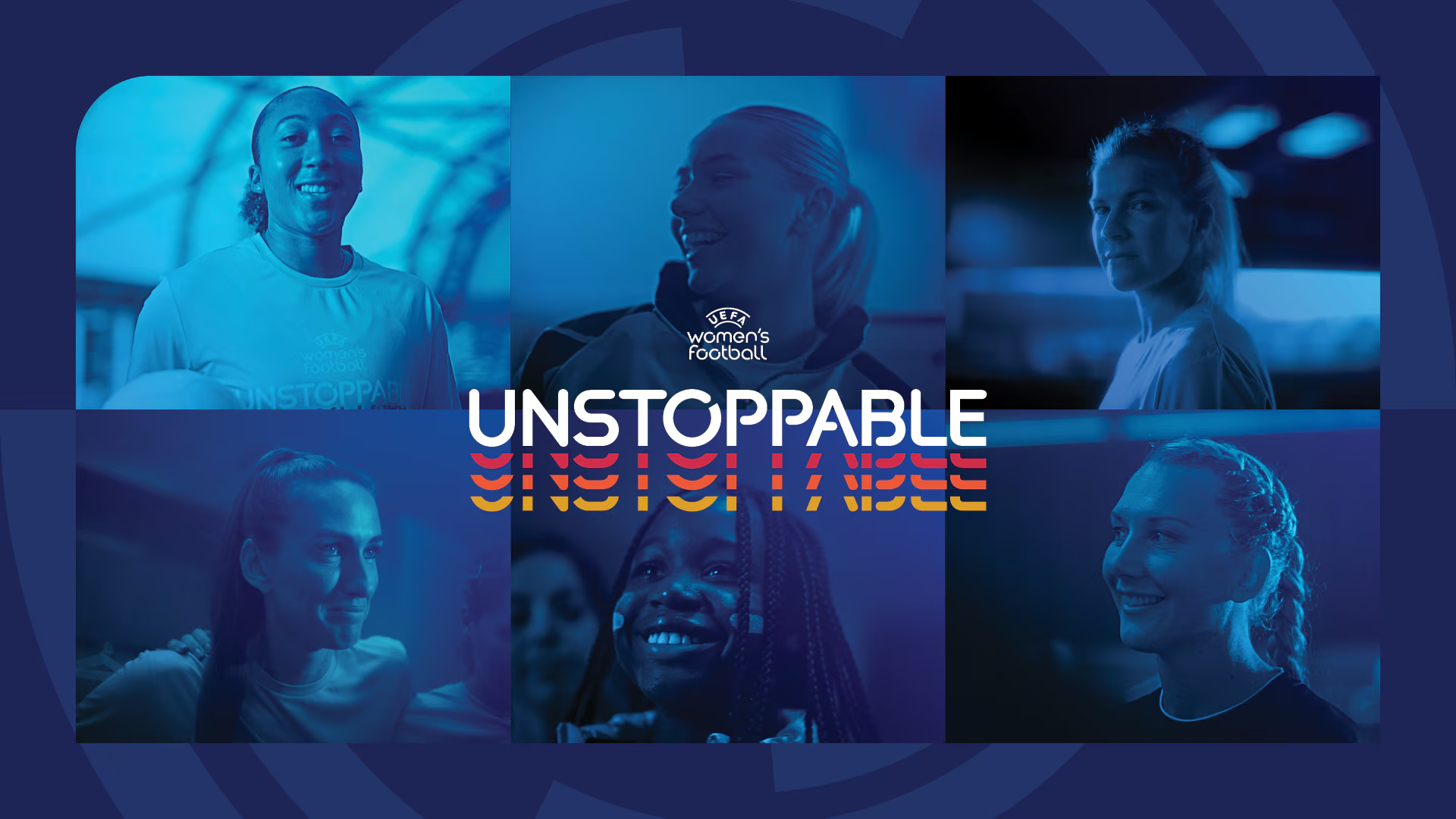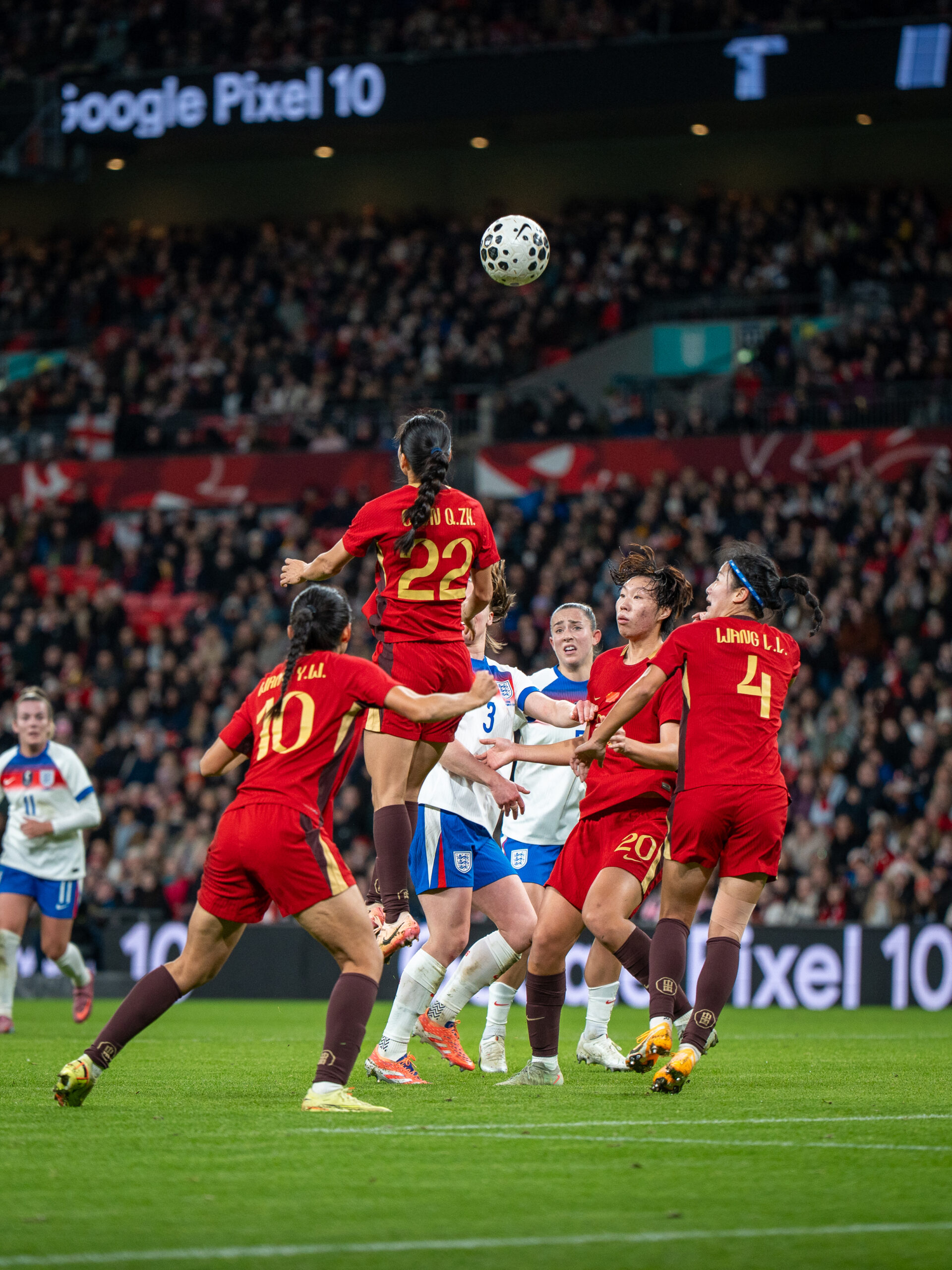On the 30th October 2024, UEFA announced their plan to implement a new six-year program called “Unstoppable” to uplift women’s football in Europe. In this announcement, UEFA outlined four clear aims: to make football the most played team sport by women and girls across the continent, to increase the number of professional leagues across Europe, to make women’s football the most sustainable and investable women’s sport and to ensure that everyone believes that they can have a place in women’s football.
UEFA president, Aleksander Čeferin, states that the hopes of UEFA are:
“to lay the groundwork for a sustainable future’ and to unlock the ‘full potential of women’s football’.”
In recent years the conditions of women’s football in Europe have improved drastically. Nadine Kessler (UEFA Managing Director of Women’s Football) states that this improvement in both national teams and clubs is a result of “enormous investment” and “improved competition structures.”
The current levels of investment flooding into the game are primarily the result of sponsorships or redistribution of club profits to invest into the women’s team and pathway as they begin to be considered a more important stream of investment. The increasing value of sponsorships in women’s sports from companies such as Visa, Dove (Unilever) or sports brands such as Nike and Adidas has increased the profile of women’s football through advertising campaigns but also increased its monetary value and the economic viability of the sport, with the 2023 World Cup in Australia and New Zealand generating more than US $570 million.
These campaigns and sponsorships have the power to greatly influence consumer behaviour, driving product purchases and game attendance through innovative marketing strategies. By offering fans a glimpse into the personal lives and inspiring stories of athletes, these campaigns foster deeper connections, allowing fans to engage with their favourite sports personalities in a fresh and meaningful way. The impact of campaigns such as Visa’s #Weplaystrong campaign is immeasurable; these campaigns have the potential to attract new audiences to the sport, sparking interest and cultivating lifelong connections.
They can inspire a lasting passion for the game or a deep loyalty to a team, fostering enduring relationships with fans. This leads to a rise in ticket and merchandise sales, expanding the market for products endorsed by female footballers. As a result, it enhances the overall value and visibility of women’s football, contributing to its growth and recognition.
As the value and profitability of women’s football continues to grow, it becomes an increasingly attractive investment opportunity. This, in turn, leads to greater reinvestment of club or national team profits into the development of women’s teams. Enhanced investment improves the quality of the women’s game by raising competitiveness, providing better access to facilities and training, and elevating the overall standard of play. This progression creates a more thrilling and engaging experience for fans, attracting larger audiences and fostering sustained interest in women’s football.
UEFA are building on this growing momentum by pledging €1bn of competition revenue and UEFA investment into developing women’s football projects between 2024 and 2030. The plan for this investment is for it to be used to support grassroots and development projects while continuing to transform the competition system following the launch of the new Nations League and European championship framework.
The implementation of the Nations League increases the number of competitive national women’s football games that will be played each tournament cycle without dramatically increasing the schedule load. This change aims to make the game more exciting and competitive for fans as it replaces the friendlies previously seen within the competition calendar. In addition, the increased investment will support the growth of professional teams, aligning with UEFA’s efforts to revamp its competitions. This includes the restructuring of the Women’s Champions League and the introduction of a new European competition, both aimed at elevating the profile and reach of women’s football across the continent.
With Unstoppable already garnering the support of some of the biggest names in women’s European football including Ballon D’or winner Aitana Bonmati, Lauren James, and Jill Scott. This €1 billion investment has the potential to shape the trajectory of women’s football in Europe and put it on a path to long-term sustainable growth, both socially with viewers and consumers but also economically and financially as the sport becomes increasingly investable. Overall, Unstoppable means large-scale positive changes are coming for women’s football in Europe and it is likely to grow faster than ever before.



